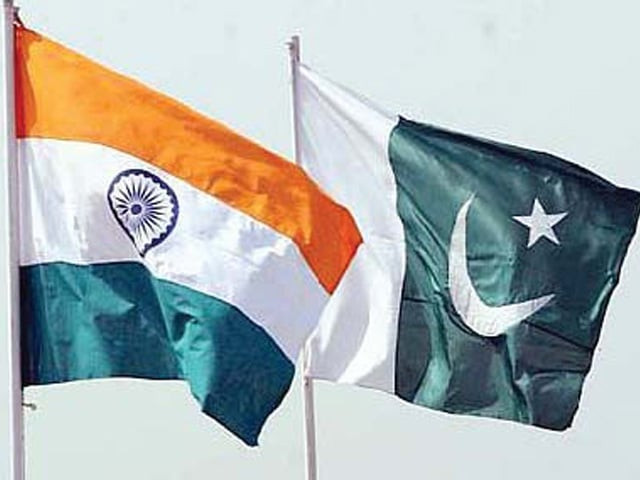India will talk ‘on all issues’ with Pakistan: SM Krishna
Indian External Affairs Minister says some issues require an ‘atmosphere of trust’.

India will talk ‘on all issues’ with Pakistan: SM Krishna
In a meeting with Pakistani journalists on Wednesday, Krishna however added that some differences “would be put on the back burner” as an atmosphere of trust is needed between the two countries.
Krishna told his audience that India has “come out of an adversarial relationship with Pakistan” and promised progress in the coming months on issues “that can be solved quickly.” His remarks indicate that the Indian government is moving towards re-introducing a liberal visa regime for Pakistani nationals.
The Indian external affairs minister also commented that, despite what the media had said, the meetings between the two foreign ministers in Islamabad in 2010 “did achieve progress.” The meetings in 2011 will be a follow up to that.
In a relaxed mood, the Indian foreign minister spent over two hours with the Pakistani journalists and discussed a number of issues. He recalled his first visit to Pakistan in 1999 as part of a parliamentary delegation led by Nirmala Deshpande. During that visit, he told the audience, a meeting with Ms Benazir Bhutto, who was then leader of the opposition, lasted several hours. He commented that one of the reasons India desired a peaceful region was because the country wanted to advance economically. “We are on a journey of economic development,” he said, adding “our GDP growth is 8% this year and expected to be 9% in the coming year. We hope to target 10% in 2012.”
Krishna called Pakistan foreign minister Shah Mehmood Qureshi his “very good friend” and said that he was hopeful things would improve between the two countries.
There are growing expectations that India and Pakistan are heading towards substantive talks this year under which issues other than those that relate to Kashmir and terrorism – considered the two core issues between the two neighbours – will also be tackled. But Indian officials are wary of giving any details at this stage.
Krishna, a politician from South India, was criticised at home for visiting Pakistan in 2010. Several quarters said that the Indian foreign minister should have gone “only after there was progress on the case of those arrested on suspicion of involvement in the Mumbai attacks.” But the Manmohan Singh government has overcome criticism of its handling of relations with Pakistan by keeping dialogue open.
Published in The Express Tribune, January 27th, 2011.



1724319076-0/Untitled-design-(5)1724319076-0-208x130.webp)















COMMENTS
Comments are moderated and generally will be posted if they are on-topic and not abusive.
For more information, please see our Comments FAQ